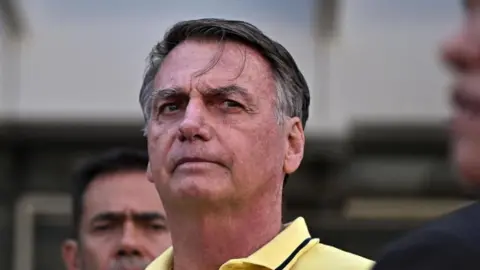Musk's tenure as a special government employee was temporary, lasting only a few months. His exit was anticipated, particularly after he publicly criticized Trump's budget proposal which included extensive tax cuts and increased defense spending. Musk stated on X, “As my scheduled time as a Special Government Employee comes to an end, I would like to thank President @realDonaldTrump for the opportunity to reduce wasteful spending.” He reassured followers that the Doge mission would continue to thrive within the government.
During his time in office, Musk aimed to eliminate significant portions of the federal budget, initially aiming to slash at least $2 trillion, which was later revised to $150 billion. Reports suggest that this effort has led to approximately 260,000 job reductions within the federal workforce, sparking legal challenges and complications in some cases, notably involving staff associated with national security.
Musk’s exit follows some discord with Trump and his cabinet, especially after expressing disappointment over the proposed budget. He noted that, while Trump referred to the legislation as “big and beautiful,” he felt it could not successfully achieve both aims.
Musk indicated the shift back to his companies would be beneficial as his electric car manufacturer, Tesla, faced a notable 13% decline in sales—the most significant drop in its history. The billionaire specifically stated his plans to increase his focus on Tesla and reduce his political involvement after to spending nearly $300 million funding Trump's campaign and other Republican initiatives.
Despite stepping back from government duties, Musk emphasized his commitment to the Doge initiative, which he believes is integrating well into the fabric of government operations. As he navigates these changes, the tech mogul remains firmly in the spotlight, ensuring the legacy of Doge endures in the United States governmental framework.
During his time in office, Musk aimed to eliminate significant portions of the federal budget, initially aiming to slash at least $2 trillion, which was later revised to $150 billion. Reports suggest that this effort has led to approximately 260,000 job reductions within the federal workforce, sparking legal challenges and complications in some cases, notably involving staff associated with national security.
Musk’s exit follows some discord with Trump and his cabinet, especially after expressing disappointment over the proposed budget. He noted that, while Trump referred to the legislation as “big and beautiful,” he felt it could not successfully achieve both aims.
Musk indicated the shift back to his companies would be beneficial as his electric car manufacturer, Tesla, faced a notable 13% decline in sales—the most significant drop in its history. The billionaire specifically stated his plans to increase his focus on Tesla and reduce his political involvement after to spending nearly $300 million funding Trump's campaign and other Republican initiatives.
Despite stepping back from government duties, Musk emphasized his commitment to the Doge initiative, which he believes is integrating well into the fabric of government operations. As he navigates these changes, the tech mogul remains firmly in the spotlight, ensuring the legacy of Doge endures in the United States governmental framework.




















